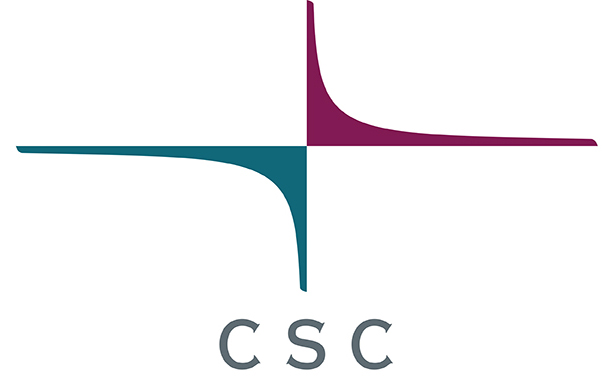

| Author | Title | Description | Citation | Organization |
|---|---|---|---|---|
| Axelson, Erik | Computational Morphology with HFST | The web course ”Computational Morphology with HFST” is an adaptation of the teaching material of the course ”Computational Morphology” taught by Mathias Creutz in the Master’s programme “Linguistic Diversity and Digital Humanities” at the University of Helsinki. The original course and its exercises have been created by Mathias Creutz and co-developed by Senka Drobac. Using an earlier version of the course material, Erik Axelson has developed a Jupyter notebook interactive version. The web course uses the same examples and exercises as the original course, but HFST command line tools have been replaced with HFST Python interface. | Axelson, Creutz, Drobac (2019). Computational Morphology with HFST – an adaptation of the teaching material of the course “Computational Morphology” taught by Mathias Creutz in the Master’s programme “Linguistic Diversity and Digital Humanities” at the University of Helsinki. [Learning material]. Language bank of Finland. Accessible at http://urn.fi/urn:nbn:fi:lb-2021053001 |  |
| Hiippala, Tuomo | Applied Language Technology | Together, these two courses provide an introduction to applied language technology for audiences who are unfamiliar with language technology and programming. The learning materials assume no previous knowledge of the Python programming language. | Hiippala, Tuomo (2021) Applied Language Technology: NLP for the Humanities. In David Jurgens, Varada Kolhatkar, Lucy Li, Margot Mieskes and Ted Pedersen (eds) Proceedings of the Fifth Workshop on Teaching NLP. Association for Computational Linguistics, 46–48. DOI: 10.18653/v1/2021.teachingnlp-1.5 |  |
| Lennes, Mietta | Introduction to Speech Analysis (Puheen analyysin perusteet) | This course offers a general picture of managing speech corpora and of methods that are available for the acoustic-phonetic study of speech. The course consists of six lessons during which you will use a speech analysis program called Praat and learn to apply the main features of the program to your own work with speech recordings. In addition, you will learn the basics of another program called ELAN that can be used for transcribing and annotating audio as well as video material. The materials include background readings, videos and exercises that can be used for self-study and completed independently. The content can be embedded into other courses, or students may choose to participate in one of the online instances of the Introduction to Speech Analysis course offered by FIN-CLARIN via the University of Helsinki (see Courses and training).  | Current version in the Library of Open Educational Resources: Lennes, Mietta (2021) Introduction to Speech Analysis (Puheen analyysin perusteet) [Online course material]. Available at: http://urn.fi/urn:nbn:fi:lb-2021063021. Downloadable version: Lennes, Mietta. (2021, September 14). Puheen analyysin perusteet – Introduction to Speech Analysis. Zenodo. https://doi.org/10.5281/zenodo.5506969 |  |
| Language Bank / CSC | Language Bank user training material | The Language Bank of Finland manages usage rights for, processes and stores language resources at CSC (CSC - IT Center for Science). Are you interested in using the computational environment at CSC for processing language resources? Do you want to know more about our resources and how to use them in your research? This course material covers:
| Hardwick, S., Järvenpää, A., Hotti, H. and Kuivalahti, K. (2023). Language Bank User Training Material [Online course material]. Available at: https://urn.fi/urn:nbn:fi:lb-2023062801 |  |
| various authors | Finland Swedish Online | Finland Swedish Online is a platform offering online courses for learners of Finland Swedish. The service is provided by the University of Helsinki. The service is based on Icelandic Online provided by the University of Iceland. The courses are offered at different levels. They are learner centered with interactive visual and listening exercises organized around themes relevant to life in Finland. The courses are supported by glossaries, grammars and dictionaries. The authors (and citations) are different for each course. A full list is available at https://researchportal.helsinki.fi/en/projects/finlandssvenska-online/publications/. |  |
|
| CSC | Noppe | Noppe (previously CSC Notebooks) offers web applications for self-learning, hosting courses and collaboration. The applications are accessed through a web browser and run in CSC cloud. You can log in with your Haka/Virtu/CSC customer account. Noppe supports Jupyter and RStudio based applications, with more options to come in the future. |  |
Last modified on 2025-01-27